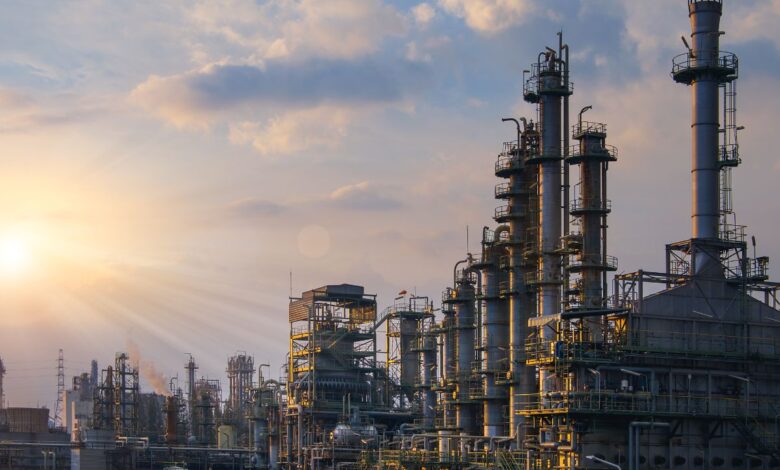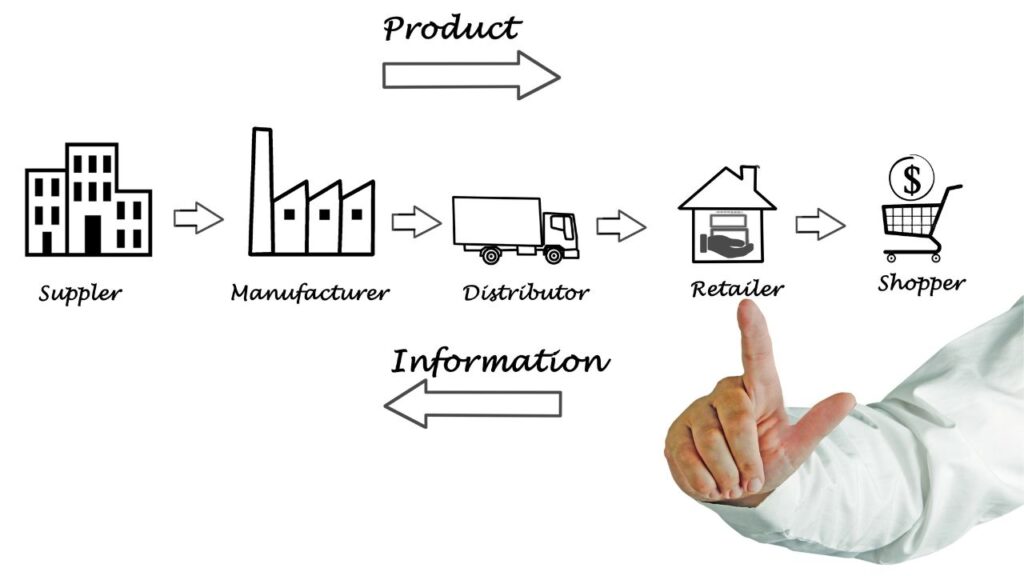Blockchain implication in the oil and gas sector

As with the implication of blockchain, things can be improved, and the payment system can become reliable, faster and trustworthy. Because a blockchain does not involve any intermediaries in monetary affairs.Also, blockchain and AI trading software help to bring transparency in oil payments because oil is considered a complex business which is widespread around the world.
Also, oil trading can have multiple partners who may create separate accounts to maintain their records. Maintaining multiple accounts and recording the same transaction many times can create chances of doubling a single transaction.

The oil and gas sector has become a good choice for investors as some move from traditional investments to oil and gas investments. The reason behind the vast hype is highly fluctuating prices, high demand and less supply. Traders can make regular profits through fluctuating prices.
And there is one more reason that leads to the price hike; all the countries worldwide do not produce oil. Only a few countries complete the demand for required oil around the world. The prices of the oil and gas sector depend on demand and supply. Political interference, natural calamities, and economic policies can also be affected.
The implication of blockchain in the oil and gas sector
Supply chain and trading
Oil and guess are assumed to be highly volatile assets in nature. To come up with this situation and reduce the cost of businesses, the companies have started using blockchain, which can provide security and reliability to complete oil and gas transactions.

It can involve domestic areas and deal with international clients. Therefore, blockchain helps maintain complete transparency in the supply chain of the oil and gas sector.
Disruption in the supply chain can cause several damages to the businesses like loss of income, loss of raw material, Reputation and market share of the business. In addition, supply chain disruption can cause Less production and Worker distrust; it can also affect the businesses’ natural outcome.
Also, using blockchain in the oil and gas sector can help to make the assets digitalise.
Digitalisation
One of the most prominent uses of blockchain in the oil and gas industries is digitalising transactions. In the current situation, the oil and gas industries are economically mature markets. Also, 80% of the world’s oil volume is transported through waterways.
But these are other ways in which blockchain cannot help, but how blockchain can help make the transactions digitalised and bring the crude oil under a complete digitalised process. The use of blockchain can make oil transactions more secure and efficient. Transparency will improve, and the oil containers can be tracked easily with blockchain.
Better management
With blockchain, you can manage oil and gas transactions more securely. It can easily neglect significant issues like the continuously changing rules and regulations of governments because blockchain is considered an independent base that does not involve any government intermediaries in financial transactions.
However, giving you complete control of your money and a right to privacy. Using blockchain, you can transfer funds anonymously from one source to another without involving any third parties or increasing the cost of the transactions. In addition, you can transfer the funds quickly.

Every nation dealing with oil and gas has different rules and regulations that oil companies have to follow strictly. But paying attention to these rules and regulations becomes quite tricky with a centralised payment system.
Also, the regulations and the tax amount on oil and gas companies keep changing, due to which the company faces hard times figuring out another with of making payments.
The introduction of blockchain and smart contracts can help oil and gas. For example, regulatory authorities can automatically use intelligent contracts to receive tax payments. Also, using smart contracts, companies need to update them regularly and maintain themselves; making changes with intelligent contracts is relatively easy.
Better transparency
With blockchain, oil transactions can be made more transparent. And the companies adopting blockchain with the central use of the company like maintaining records, multiple account holdings and bringing transparency among the partners. They can have full use of blockchain.

The use of blockchain DLT technology means distributed ledger technology, which lets you maintain multiple accounts at a single base. Using blockchain and recording transactions on blockchain networks reduces the risk of doubling a single entry.
Also, blockchain is easy to maintain from different time locations as you do not need to be present at specific hours.
Closing lines
These are some of the implications of blockchain in the oil and gas industries, as blockchain is helping them more to make the oil payments completely digitalised and out of the control of government bodies. But should keep a few things in mind: the blockchain concept is young and nearly started a decade ago.
So you cannot blindly trust blockchain at this stage, but the traditional or paper-based banking system is way older than the blockchain system. So it will take time to adapt by the companies and government in the future entirely.








